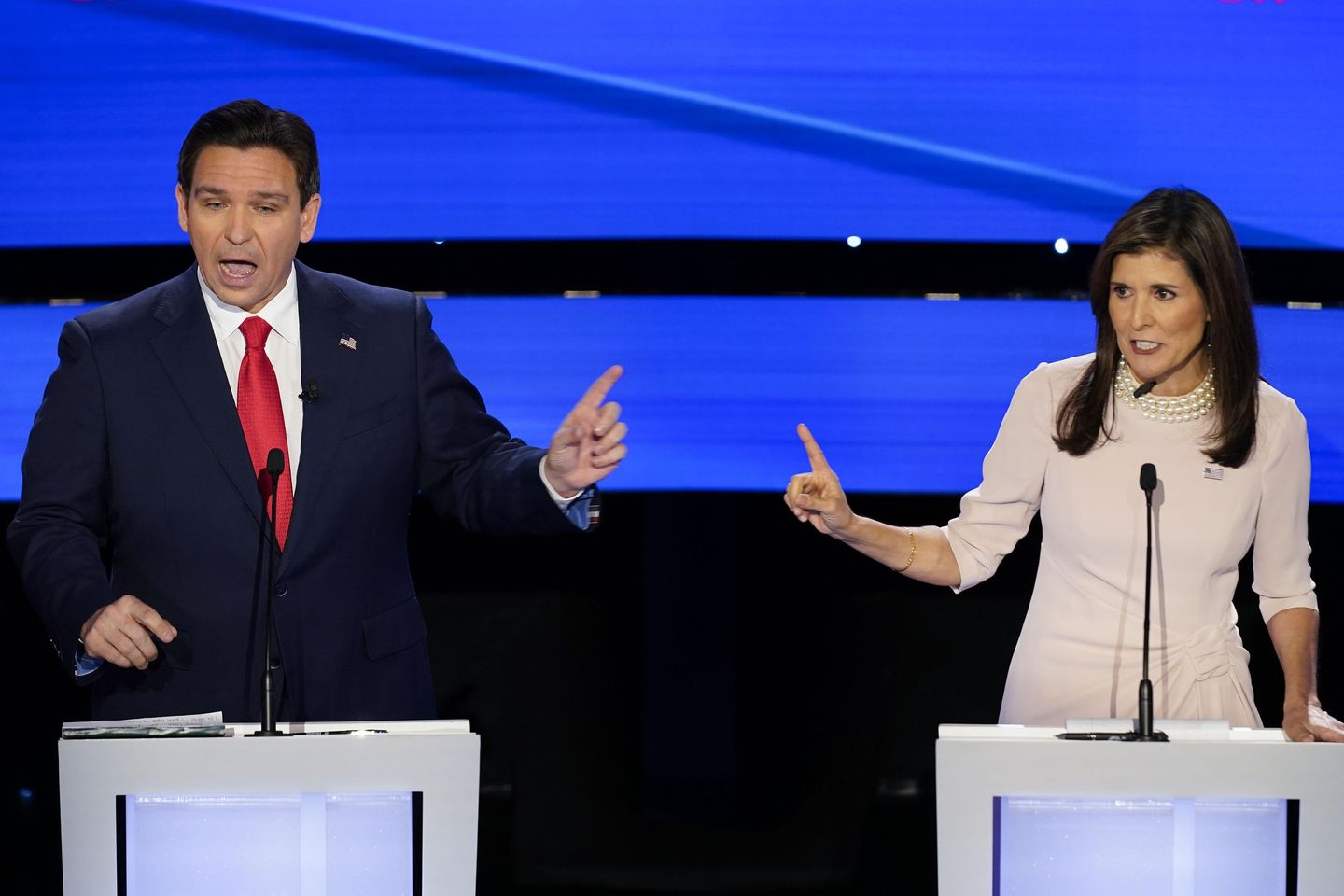Florida Gov. Ron DeSantis recently criticized former South Carolina Gov. Nikki Haley for not endorsing former President Donald Trump after she dropped out of the race for the presidential nomination following her losses on Super Tuesday. DeSantis pointed out that Haley had failed to support Trump during the 2016 election and had remained silent on endorsing him even after dropping out of the race herself. This criticism reflects the ongoing divisions within the Republican Party over the legacy of Trump and his influence on the party going forward.
DeSantis’ comments highlight the loyalty that many Republicans feel towards Trump and the expectation that party members should support him, even if they may have had reservations about him in the past. Haley’s decision to not endorse Trump in 2016 and her hesitancy to do so after dropping out of the 2020 race may be seen as a betrayal by some within the party who view Trump as a transformative figure in Republican politics. DeSantis’ criticism of Haley underscores the pressure that many Republicans feel to align themselves with Trump and his brand of politics in order to maintain their standing within the party.
The rift between DeSantis and Haley also reflects broader tensions within the Republican Party over the future direction of the party and the role that Trump will play in shaping its agenda. While some Republicans, like DeSantis, continue to embrace Trump and his policies, others, like Haley, may be more hesitant to fully align themselves with him. This divide could have implications for the 2024 presidential election and beyond, as different factions within the party vie for control and influence over its direction.
DeSantis’ criticism of Haley also highlights the challenges that Republican politicians face in navigating their relationships with Trump and his base of supporters. While Trump remains a popular figure among many Republican voters, some politicians may be wary of fully embracing him due to concerns about his controversial statements and policies. This balancing act between appealing to Trump’s base and maintaining their own political identities can be difficult for some Republicans, as evidenced by Haley’s reluctance to endorse Trump in the past.
Overall, DeSantis’ comments towards Haley reveal the ongoing divisions within the Republican Party over the legacy of Trump and the future direction of the party. As Republicans continue to grapple with these issues, the role of Trump and his influence on the party will likely remain a central point of contention. The criticisms leveled at Haley by DeSantis underscore the challenges that Republican politicians face in navigating their relationships with Trump and his base of supporters, and highlight the broader tensions within the party as it seeks to define its identity in the post-Trump era.









